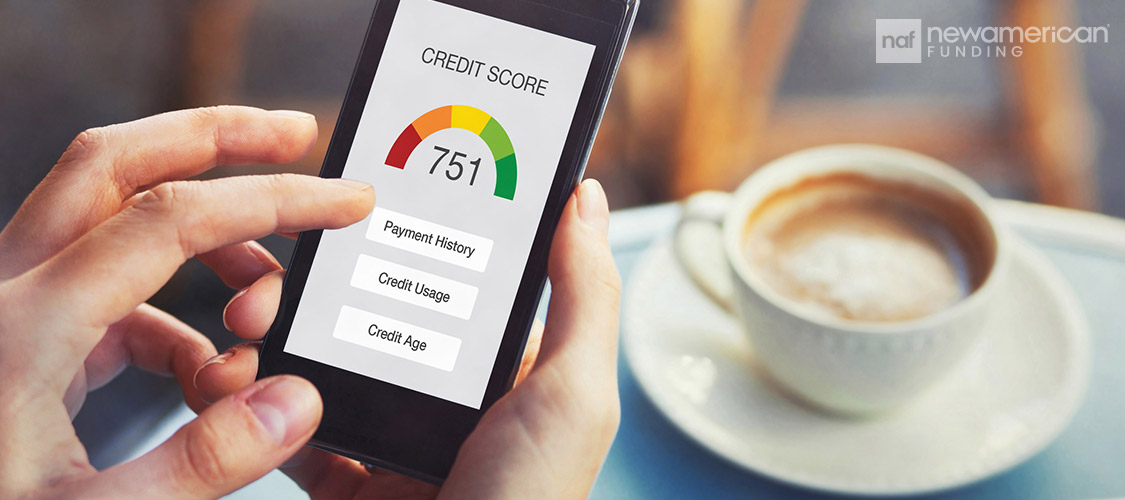Homebuyers
High Student Loans? Here's How You Can Still Buy a Home
July 5, 2024
If you have student loan debt, you are not alone. Millions of Americans grapple with steep student loan balances.
But just because you are still paying off your college education doesn’t necessarily mean you have to put your dreams of homeownership on hold.
While student loans can make saving for a home down payment more challenging, it may still be achievable with careful planning. The key is to explore low-down-payment loan options, improve your credit score, and pay down debt to help you qualify for a mortgage.
"Student loan debt, in conjunction with high rent, remains the leading hurdle to accessing homeownership even among successful homebuyers," said Jessica Lautz, deputy chief economist at the National Association of Realtors. "With the right strategies, homeownership is within reach even with student loan debt.”
More than 43 million Americans carry student loan debt, with an average balance of nearly $40,000, according to EducationData.org.
That can be hard on young buyers, especially first-time homebuyers, who often rely on their savings for their down payment. Older buyers often use the proceeds from selling their previous home.
"Today's first-time buyers who successfully entered into homeownership have higher incomes and are wealthier than first-time buyers in past years,” said Lautz. “They are more likely to overcome barriers such as student loan debt and save for a down payment in a very difficult housing market.”
How to buy a home with student loan debt

Mortgage lenders want to make sure they are not giving loans to people who are not able to afford the monthly payments on them.
Loan officers look at a borrower’s debt-to-income ratio (DTI) to figure out how much money they are earning each month compared to how much they’re spending on debt each month. This includes the anticipated monthly mortgage payment plus property taxes and home insurance in addition to student loan, auto, and credit card debt.
On average, 28% of all buyers reported that debt delayed their purchase of a home for more than five years, according to NAR’s 2024 Home Buyers and Sellers Generational Trends Report.
The most common reason an applicant was denied a mortgage was having an unfavorable debt-to-income ratio. This affected 48% of all applicants who were denied, according to NAR.
That’s why it’s important for buyers with student loans to take a long, hard look at their finances.
Potential borrowers may want to pay down debt before applying for a loan. This may help them to qualify for a mortgage or set themselves up to (hopefully) be approved for a higher loan amount.
“Buying a home with student loans can be daunting,” said New American Funding loan officer Dusty Lloyd, based in Dana Point, California. “Keep in mind, your education afforded you a job with more upward mobility. As your career evolves, your ability to pay a fixed rate payment with increasing income [should] make it easier and easier to afford.”
Popular loan options for homebuyers with student debt

Homebuyers who have struggled to save up money for a home while paying off their student loans may want to consider government-backed mortgages. These loans can offer low or no down payments.
For example, buyers who use a U.S. Department of Veterans Affairs (VA) or U.S. Department of Agriculture (USDA) loan may be able to purchase a home and not have to put any money down.
Those who use a Federal Housing Administration (FHA) loan may only need to contribute 3.5% of the purchase price of a home.
VA loans are generally available to active members of the military, veterans, and their spouses. These loans also typically have lower mortgage rates and don’t require private mortgage insurance (PMI).
Meanwhile, USDA loans allow you to purchase a home with no down payment if you are willing to live outside city limits.
Buyers may also want to look into down payment assistance programs, which can help people come up with the funds needed to purchase a home.
Planning for financial success

Adam Garcia purchased his home in Orlando, Florida when he was 24 years old back in 2014. He did it despite having $80,000 in student loans.
Now 34, Garcia emphasizes the importance of maintaining a good credit score, using payment reminders, and consolidating loans to simplify budgeting.
"Paying as agreed and on time boosts your credit score and is one of the most crucial factors in credit reporting," said Garcia, founder of The Stock Dork. The site teaches investors about building wealth through stocks and other assets.
Lenders view borrowers with higher credit scores as less risky. These buyers are more likely to qualify for a loan than those with lower scores and may be able to secure loans with lower mortgage rates and other fees.
Lautz advises talking to a lender early in your homebuying process.
"Lenders can tell you, with your current debt, how much you could realistically afford to buy,” she said. “They can also provide you with loan options you may have overlooked."
Dusty Lloyd (NMLS# 247106)






 Smart Moves Start Here.
Smart Moves Start Here.